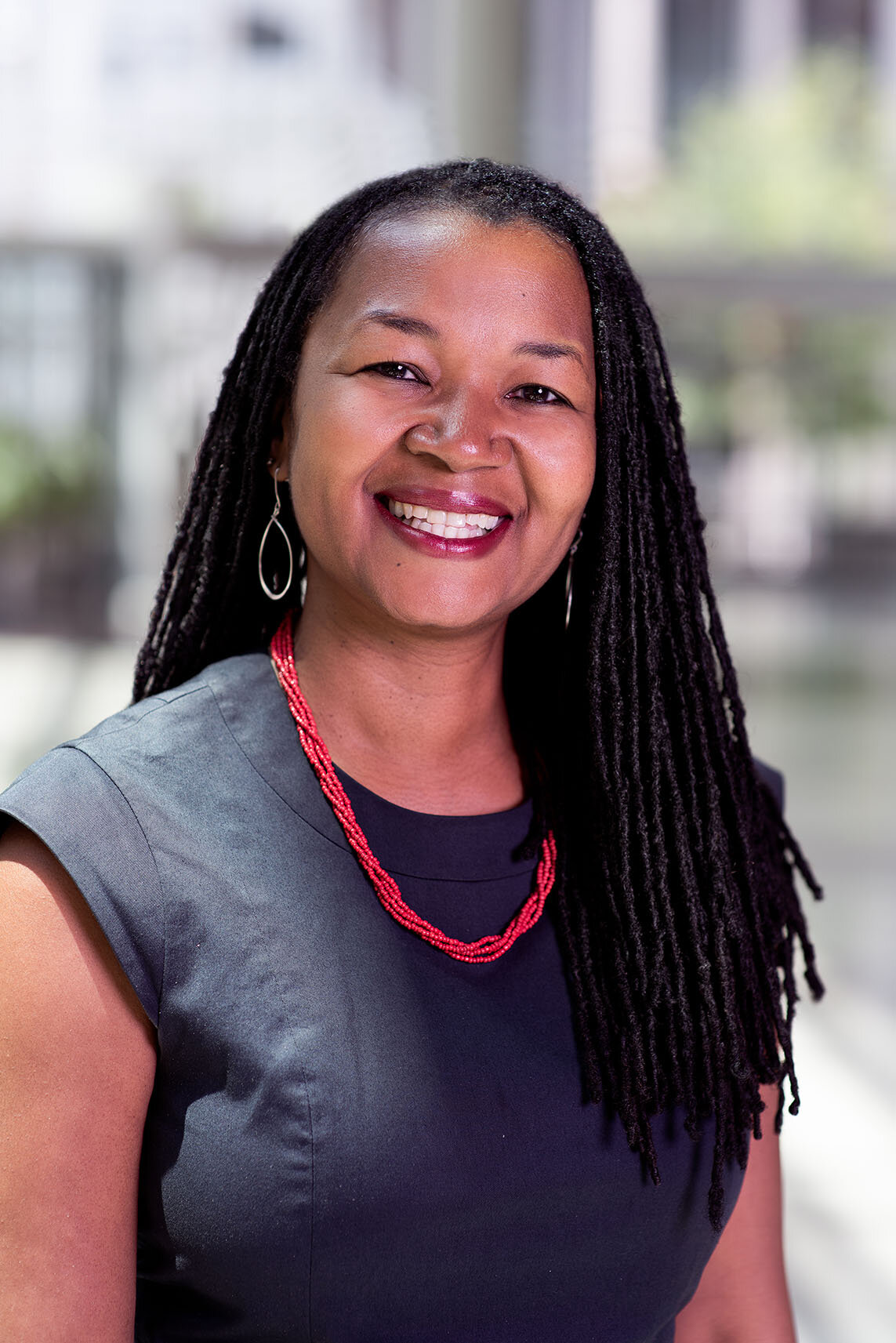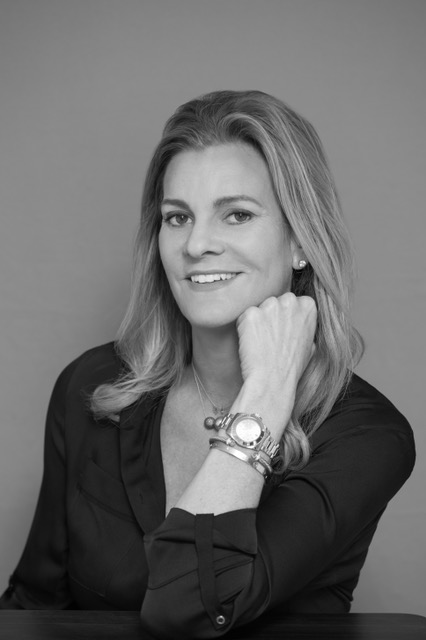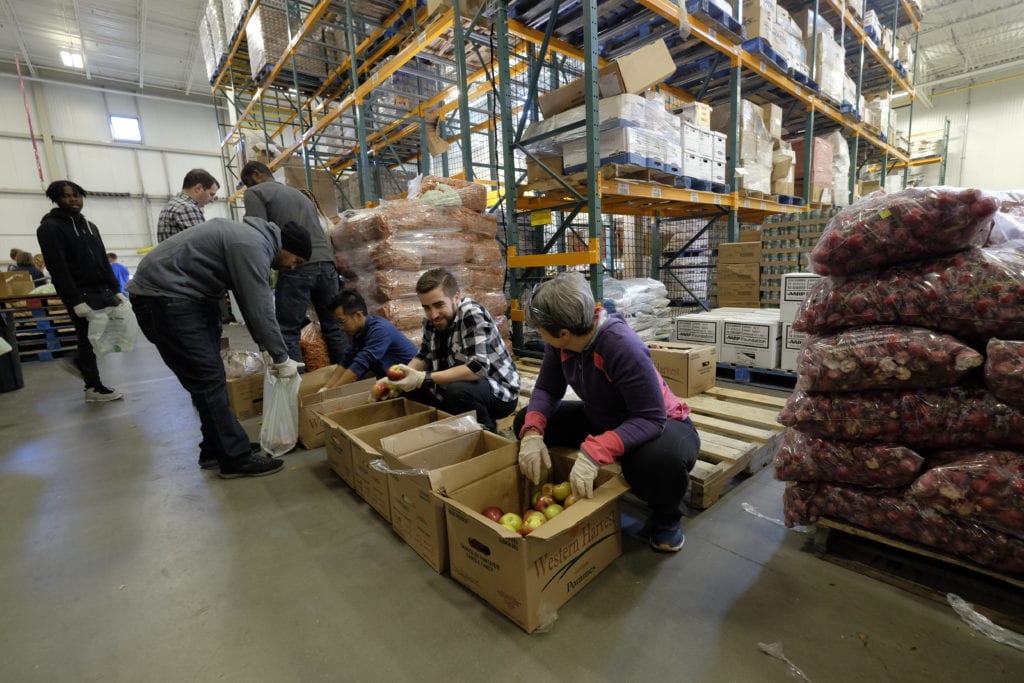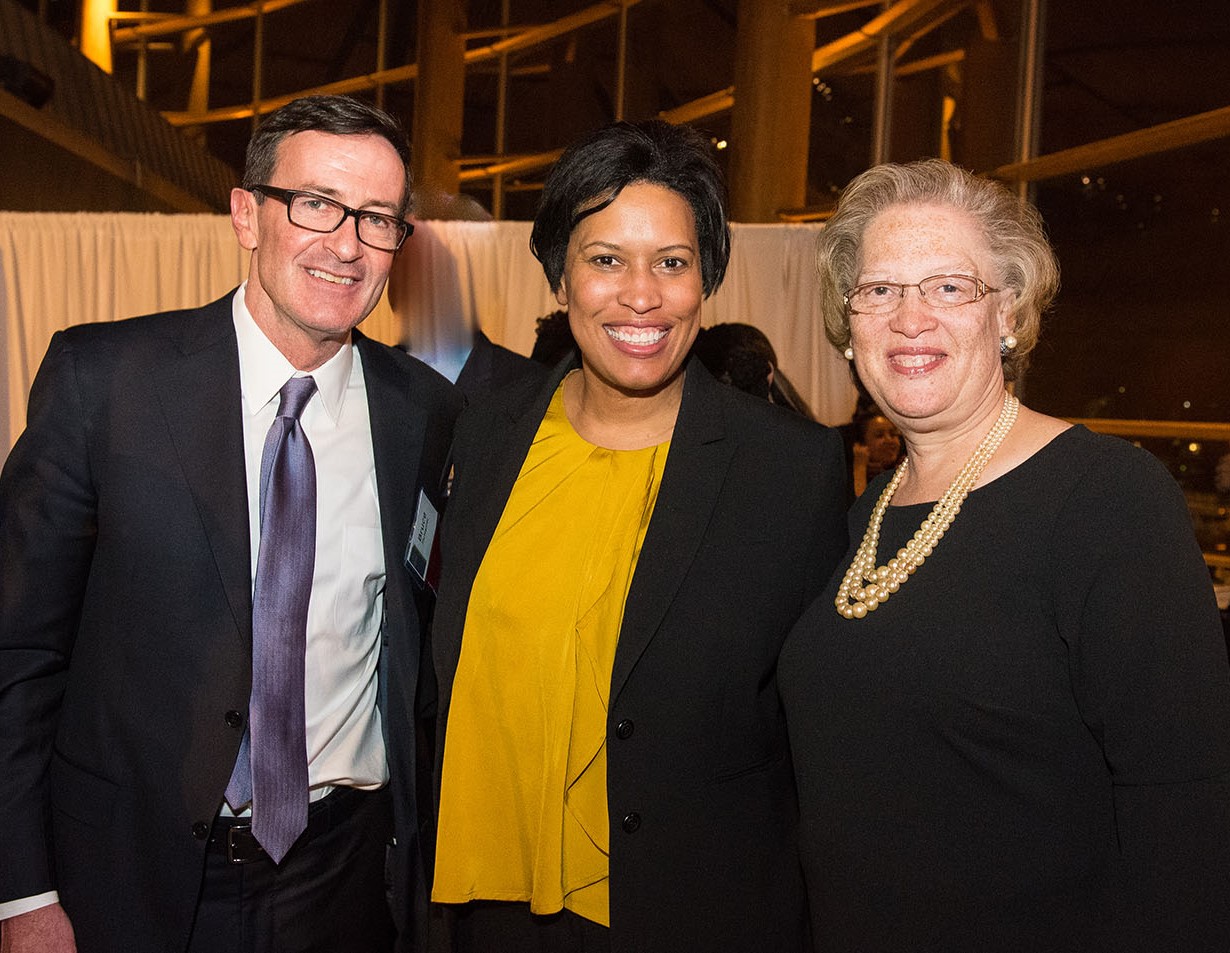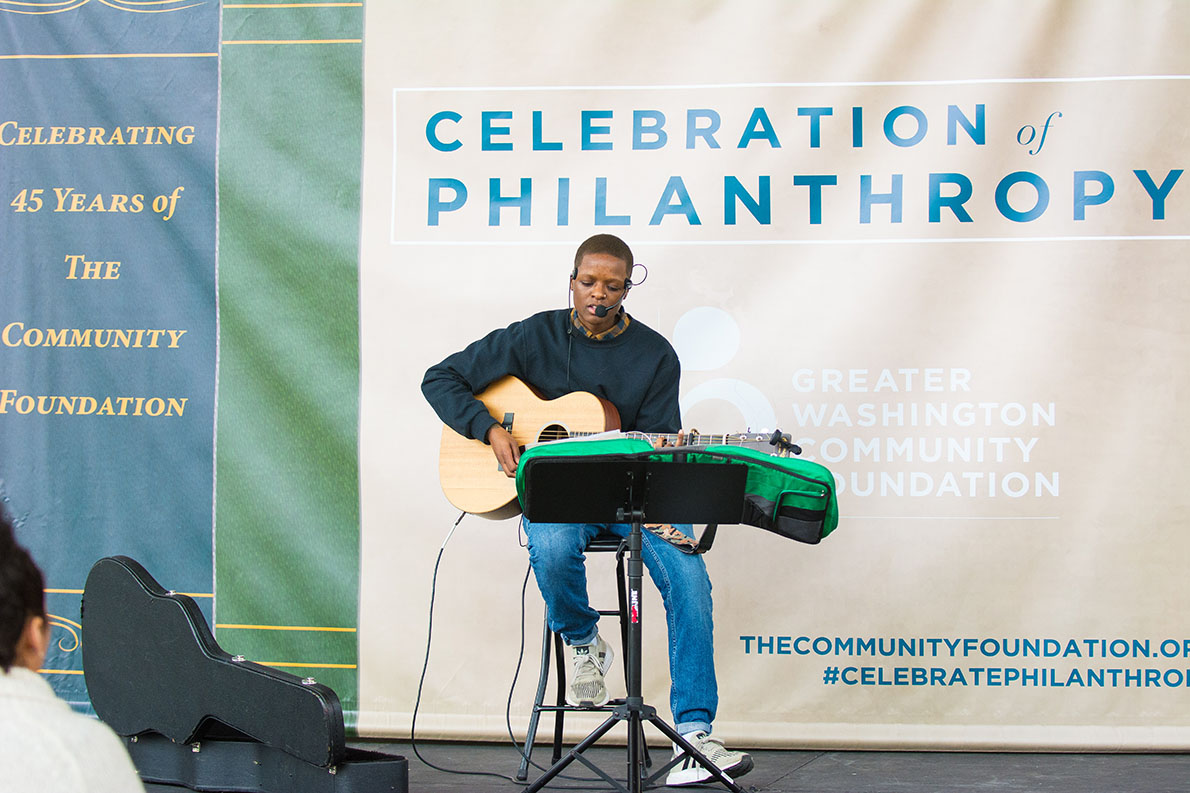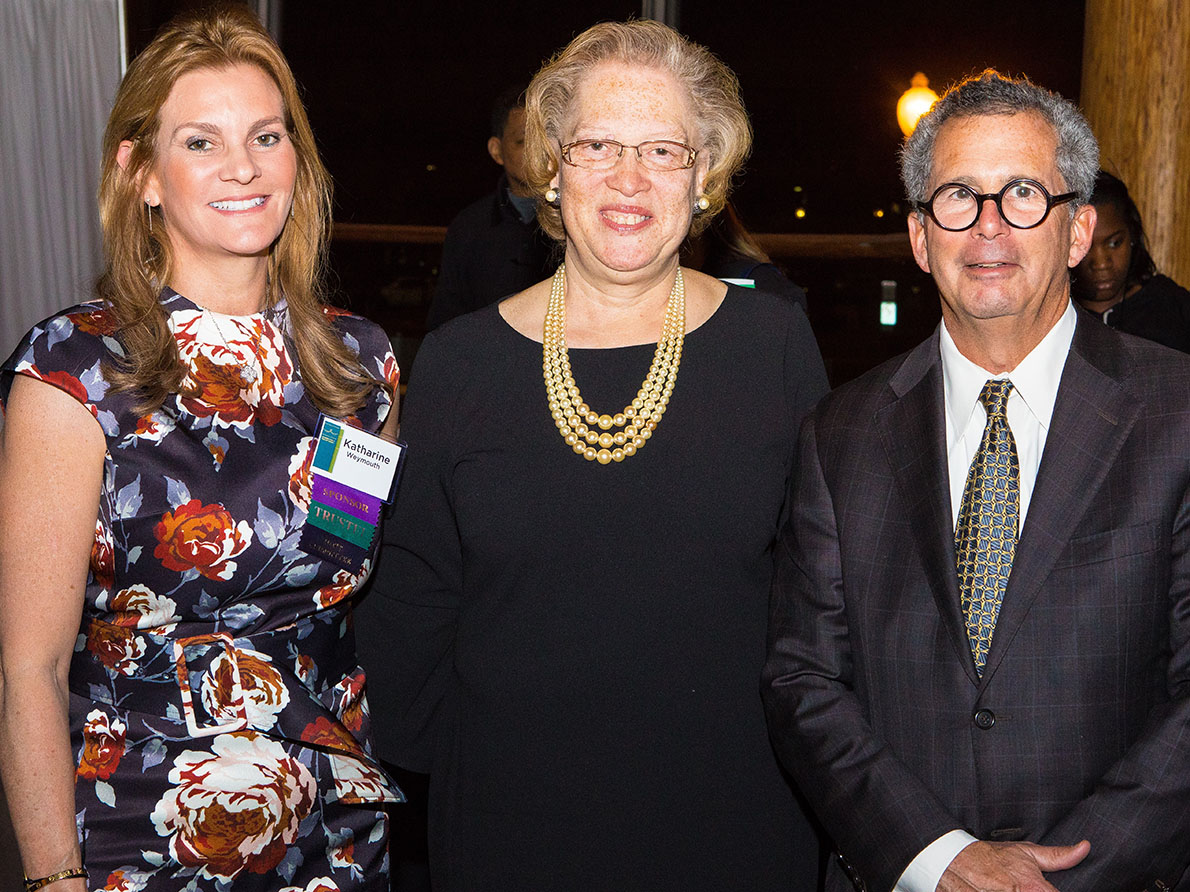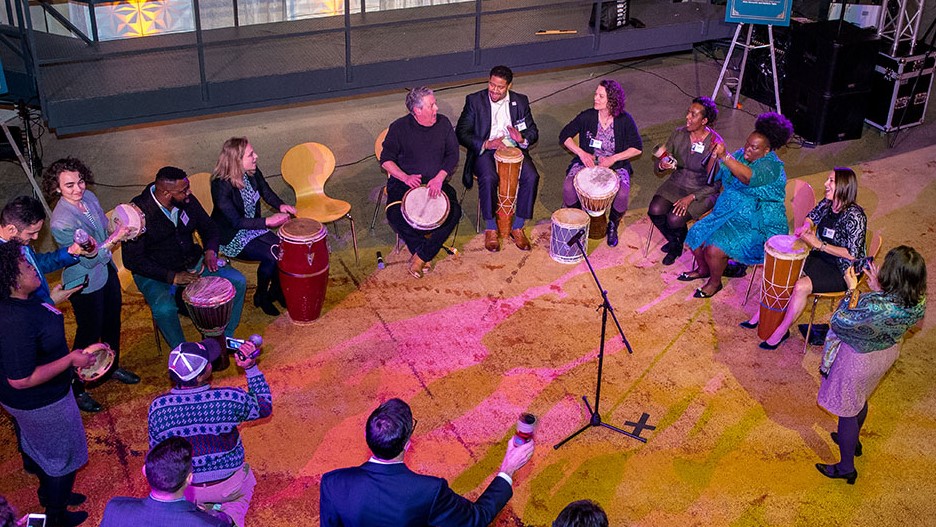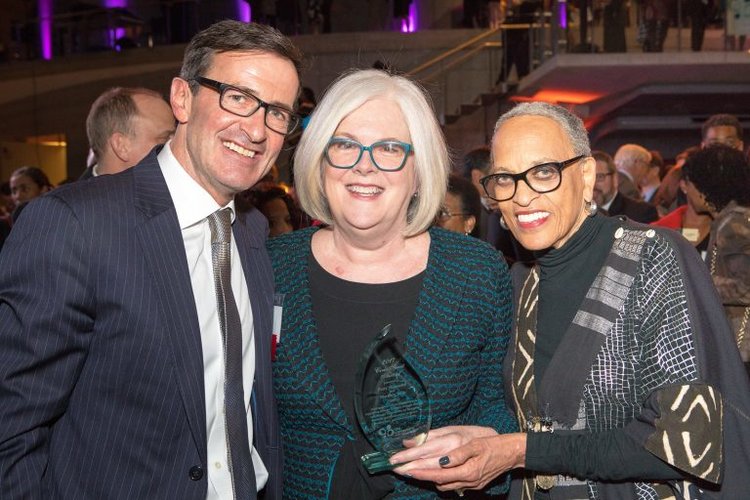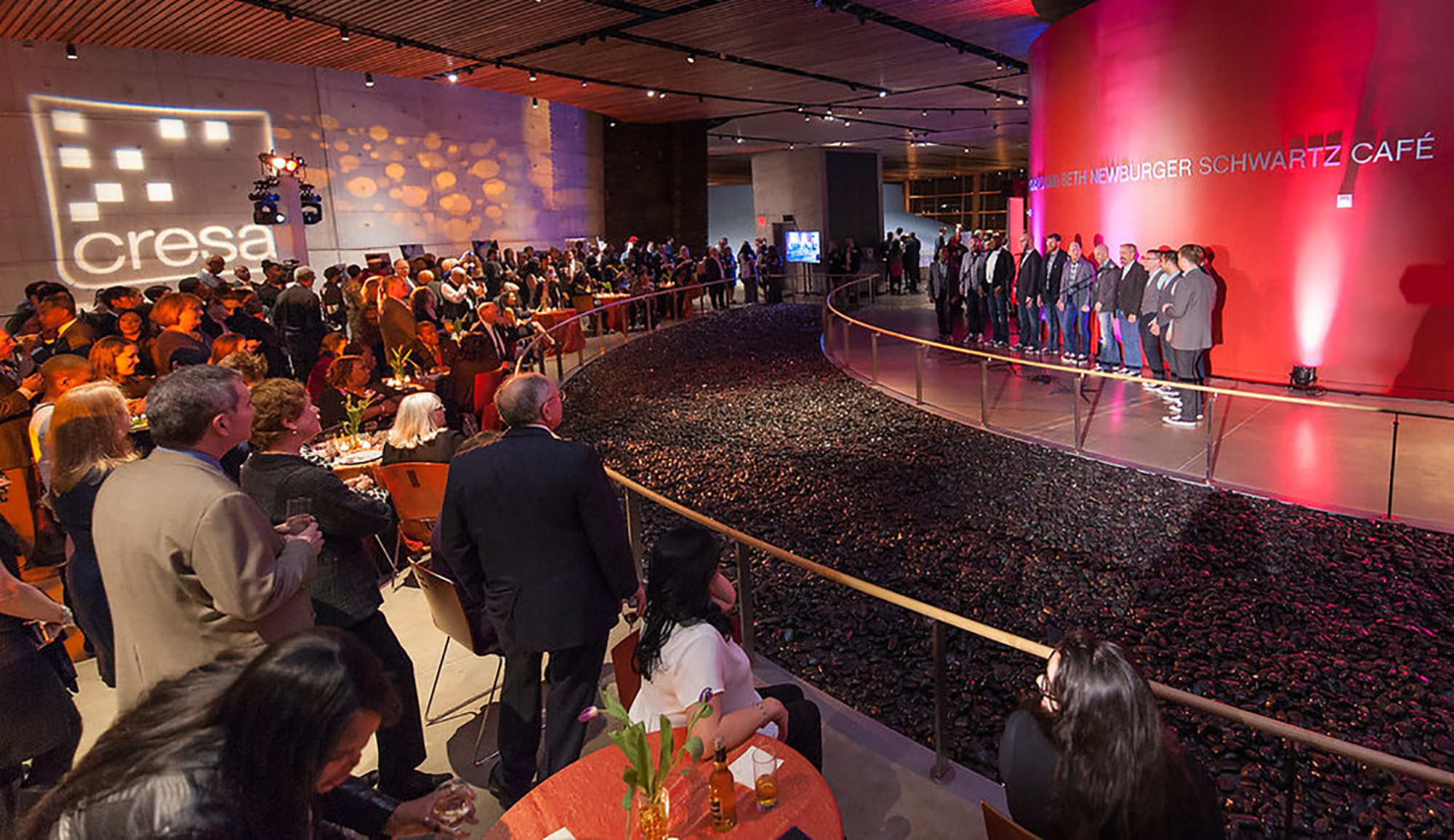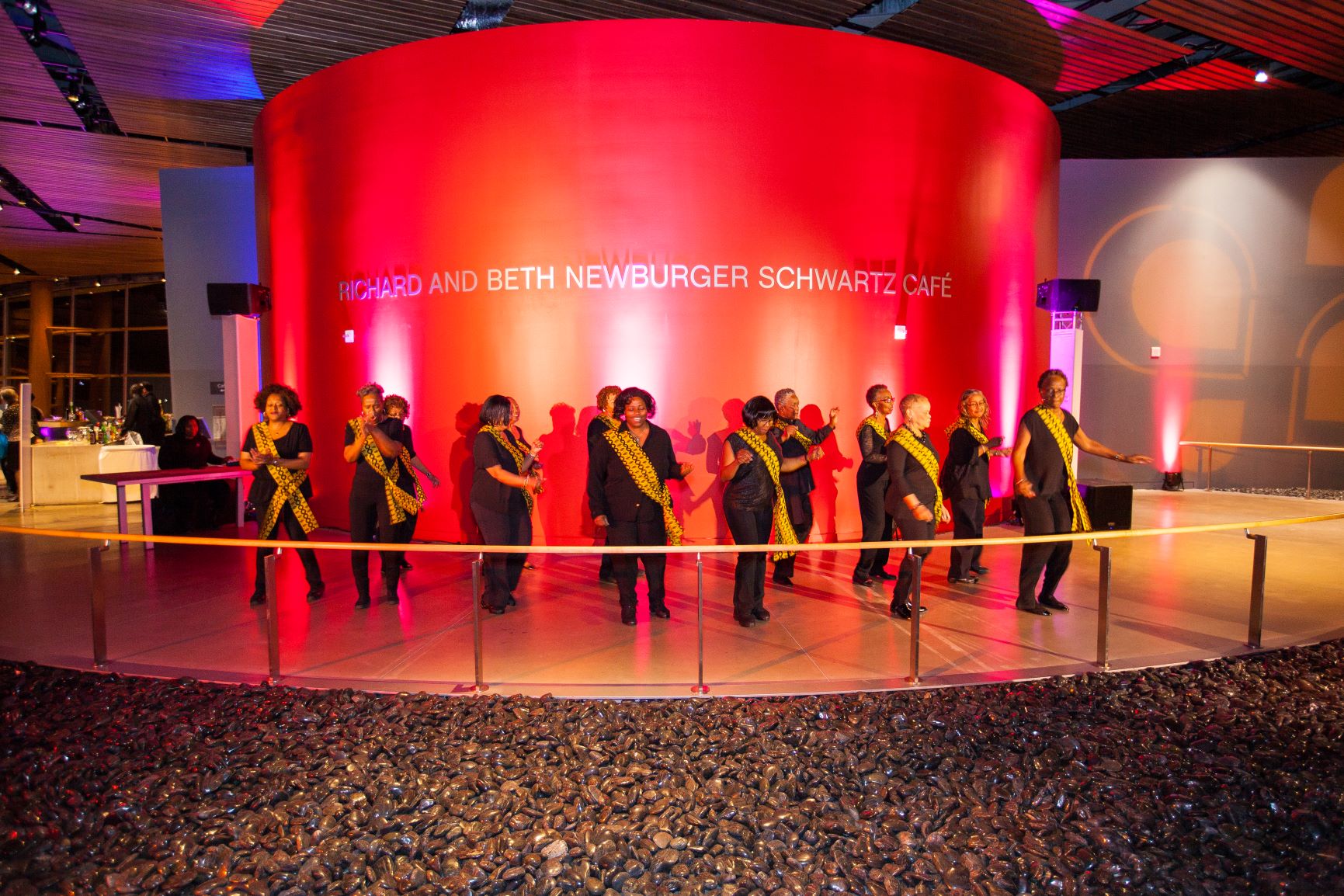By Tonia Wellons, Interim President and CEO
Imagine someone gave you $15 million to invest in local programs to help improve lives. Where would you invest those dollars? What information would you need to help make those decisions? How would you know if that $15 million was well spent?
While this sounds like a fantasy scenario for a foundation, these are some of the hard questions the Greater Washington Community Foundation had to ask when the District of Columbia entrusted us to lead the City Fund.
The City Fund was established in 2013 via legislation passed by the DC City Council to support former Mayor Vincent Gray’s One City Action Plan to grow and diversity the District’s economy, educate and prepare the workforce for the new economy, and improve the quality of life for all DC residents. It was designed as a five-year initiative, with the final round of City Fund grantmaking concluding in 2018. The City Fund was an unprecedented government/philanthropic partnership for our region. For the first three years, the City Fund was focused on driving community improvement around seven priority issue areas—the arts, education, the environment, health, public safety, senior and disability services, and workforce development. Over time, the City Fund’s focus shifted to support Mayor Bowser’s Safer, Stronger initiative with investments focused on improving the lives of individuals and families in District neighborhoods disproportionately impacted by inequities related to social determinants of health, including access to educational, economic, and job opportunities; access to health care services; quality of education and job training; and recurring exposure to violent crime.
The Community Foundation worked with Mayor Gray as a trusted local philanthropic partner to design a rigorous, transparent, independent, and community-informed grantmaking process to support dozens of excellent nonprofits working in all 8 wards throughout the District. The grantmaking program focused on investments in programs and building the capacity of nonprofits to provide quality services that will make the District a more healthy, stable, and vibrant place to live for all its residents. Over the course of several grant rounds, The Community Foundation’s staff engaged community members—including issue area experts, Community Foundation board members, and other vital stakeholders—to help us make funding decisions.
District of Columbia Youth Orchestra, one of the City Fund's grantees, performing at the White House in 2016.
We are proud today to unveil a final online report to the community that encompasses the breadth and depth of our City Fund initiative. We have partnered with mySidewalk to create the City Fund Dashboard. The Dashboard provides an analysis of the scope of the City Fund’s investments, the impact of our nonprofit partners, and the context in which the investments were made. By exploring the dashboard, we are hopeful you will learn something new about our community and the incredible work that our nonprofit partners undertake each and every day to make our community stronger. In doing so, you will follow in the footsteps of the dozens of community stakeholders, issue-area experts, and partners who contributed their expertise and lived experience to this initiative. We thank them for their service to our community!
With a fund this large, it can be difficult to realize the impact on individuals in our city. We invite you to read the story of Chloe [name changed], an 11-year-old who found a home before she became a victim of sex trafficking. She was assisted by FAIR Girls, who used funding from the City Fund to hire a youth case manager whose full-time job is to serve trafficked and exploited children in the nation’s capital. You can read more about FAIR Girls and Chloe’s story here.
The City Fund is just one example of how The Community Foundation partners with local governments as a trusted grantmaking partner. The Community Foundation thanks the District of Columbia government, the Council of the District of Columbia, Mayors Bowser and Gray, and all the fantastic grantees who made the City Fund initiative a success.
For more information about the City Fund, or how you can partner with The Community Foundation, please contact Benton Murphy, Associate Vice President of Community Investment, at [email protected].

